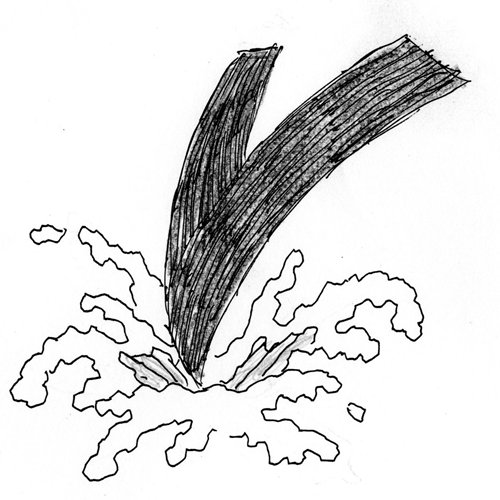
(Photo: Global Times)
It all started with podium attire. Chinese swimming star Sun Yang did not wear the official uniform of the Chinese delegation sponsored by Anta during the award ceremony after winning the men's 200-meter freestyle event on Sunday at the ongoing Asian Games in the Indonesian capital Jakarta. Instead, he wore an outfit of 361°, a brand he himself endorses.
Anta, a domestic sportswear giant that just renewed its contract with 24 Chinese national teams last year, condemned Sun for damaging the honor, image and credibility of China and placing personal interests above national interests.
On Monday, when the 26-year-old won another medal, he appeared on the podium in an Anta outfit, the logo of which, however, was covered by the national flag. And the next day when he secured the third gold medal, he held the mascot right in front of the Anta logo.
Anta's growling statements and the Chinese delegation's muted response have pushed the three-time swimming Olympic champion to the forefront of divided public opinion. In what came close to an online frenzy, some netizens agreed with Anta, saying Sun breached the rules of the Chinese delegation given its contract with the brand. "Athletes must obey discipline," a netizen wrote on his Sina Weibo account.
But more have stood out to defend the superstar. "Anta exaggerated the whole thing when it used 'national interests' to pressure Sun who's expected to win more gold medals in the coming days." "What convoluted logic equates its own podium sportswear with national interests!"
Actually, it's not the first time that an athlete has not sported the brand of national team sponsors. At the 2018 World Cup in Russia, England were fined almost $69,000 because three of its players wore "unauthorized ankle support socks" instead of the official Nike socks. Also for the sake of socks, FIFA fined Croatia and Sweden $49,990 each. Croatia was also fined over $70,000 because its athletes drank water of an unofficial sponsor.
According to FIFA, it imposed the penalty on these national football associations for breaching World Cup equipment rules. But the official sponsors of the World Cup did not flame up with indignation; instead, the whole thing was handled by FIFA in line with existing regulations.
The same thing also happened to Lin Dan, Yi Jianlian and several domestic sports celebrities. In Sun's case, he did not obey the associated business rules by displaying the brand of his own sponsor. But a violation of the rules is not the same as damaging a country's credibility, let alone putting personal interests above national interests. There's nothing wrong with Anta protecting its own interests, but applying such impertinent rhetoric is far-fetched.
If Sun failed to observe the spirit of the contract, as Anta asserted, then didn't the sportswear giant infringe the spirit of the contract for attacking an athlete who has no contract with it? When Sun wrapped himself up in the national flag like what Nike-sponsored Michael Jordan did to blanket the logo of Reebok - the American team's official sponsor - at the 1992 Barcelona Olympics, Anta had nothing to criticize. It could not question his loyalty to the red flag with five stars.
According to a lawyer, the attire incident may see the Chinese delegation breach the contract and end up with the Chinese Michael Phelps paying compensation.
More importantly, the audiences view the gold medals the high flyer has brought back home as national honor, not the logo printed on the podium wear.
From a positive perspective, the incident provides a chance for China's sports authorities, including the General Administration of Sport of China and various associations, to improve the country's sports management mechanism. According to Xinhua News Agency, the Chinese sports industry will embrace a market of 5 trillion yuan ($0.73 trillion) by 2025. The mushrooming industry has become a new object of the capital market.
The plight Sun - the first Chinese man to win an Olympic gold in swimming - is caught in shows a loophole in the commercialization process of the sports industry not only in China but also around the world. When pure competitions are tainted with commercial interests, avoiding such a sponsorship problem is quite hard.


